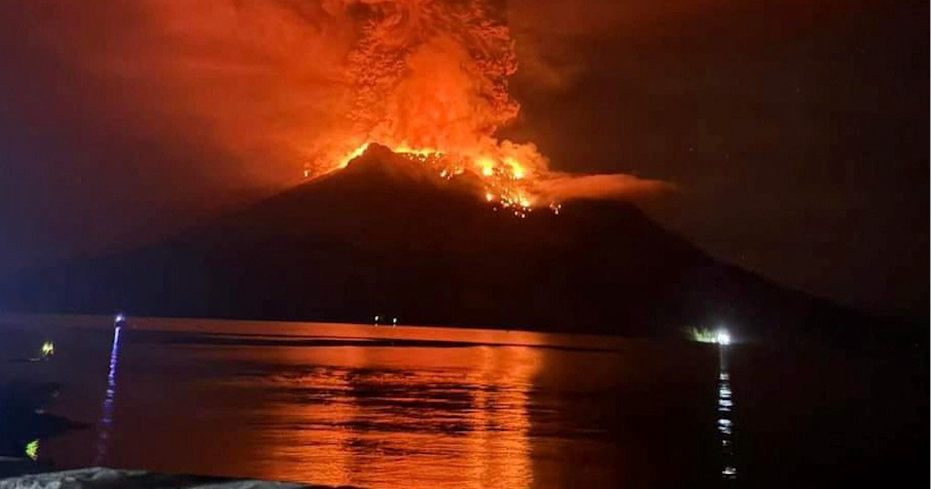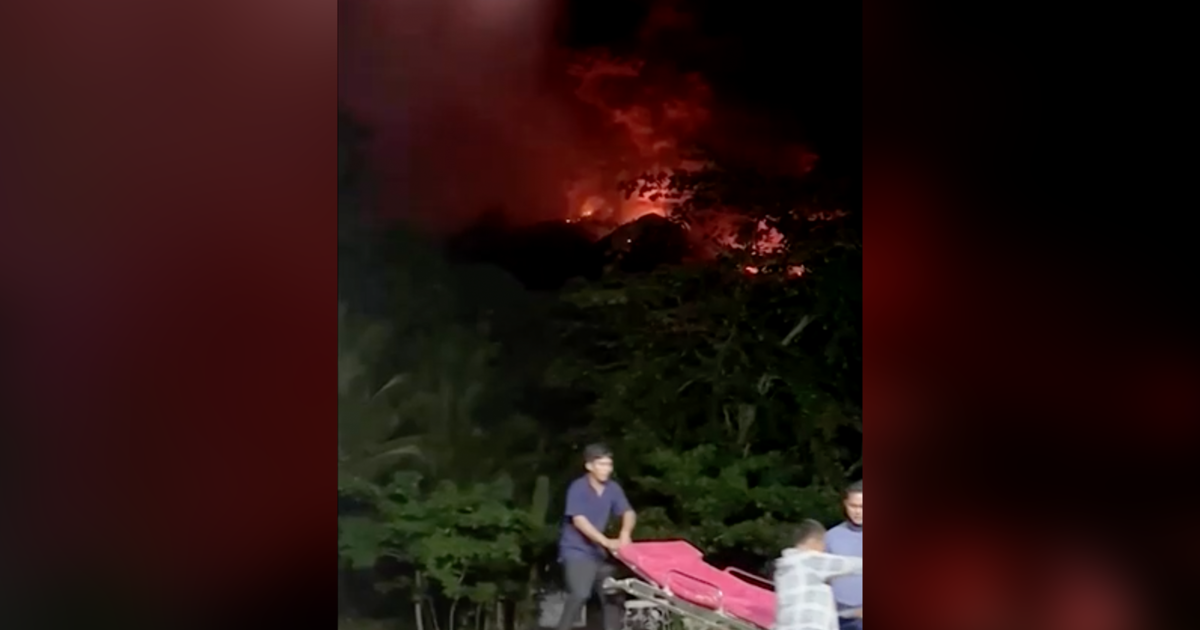Will it take a disaster for the U.S. to get an earthquake warning system?
Tuesday's deadly earthquake in Mexico killed more than 300 people, but the death toll could have been higher without the country's seismic warning system. It sends an alert to people miles away from the quake's epicenter precious seconds before the ground starts to shake.
While other nations have implemented similar systems, so far the U.S. has not -- at least not fully -- despite our seismically active West Coast. Derek Thompson, senior editor at The Atlantic, joined "CBS This Morning: Saturday" to discuss how the early warnings work and why the U.S. has yet to adopt the technology.
In addition to Mexico, countries like Japan, China, Taiwan and Turkey all have early detection programs in place.
"All of these countries developed their early warning systems after catastrophe. So after the '85 Mexico earthquake killed thousands of people, after the '95 Kobe earthquake in Japan killed thousands of people, after the 2008 China earthquake killed up to 90,000 people. So it seems as if these countries need a crisis, a catastrophe before they put together the system," Thompson said
The sensors are placed along a fault line and when waves trigger the sensor, a message is sent out to people miles away before the shock waves reach them.
"The telecommunications move much, much faster than the earthquake, so the text outruns the shaking. So you can get seconds of warning but maybe even minutes of warning," Thompson said.
The most advanced systems can even tell you how long it will be until the earthquake's waves reach you.
"They'll tell you where the epicenter is, what the magnitude is, what the intensity is, the amount of shaking, but then they'll even show you a kind of radar of the shaking approaching you," Thompson said.
The U.S. has spent years developing a seismic early warning system the West Coast, but President Trump's 2017 budget would cancel the program's funding before its planned rollout in 2018.
"We're in a period where people don't want necessarily to act to prevent catastrophes until they happen. This is a story not just of the U.S. but of the world. These early warning systems were built after the catastrophes happened," Thompson said. "So one of the terrible things, one of the sadder things right now is that as you're seeing the benefit of these early systems all over the world, the Trump budget for 2017 actually zeros out further development of the West Coast early warning systems."



